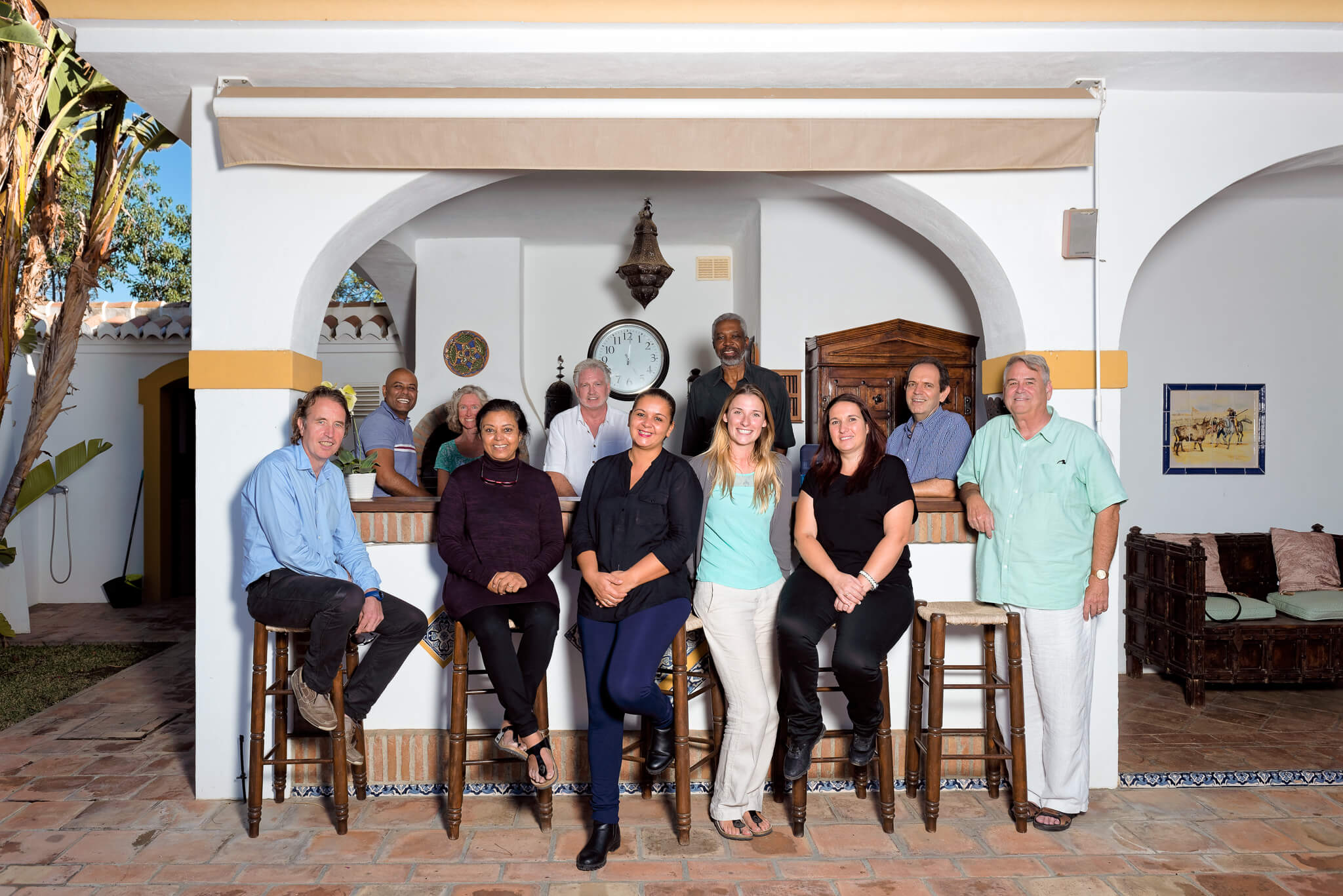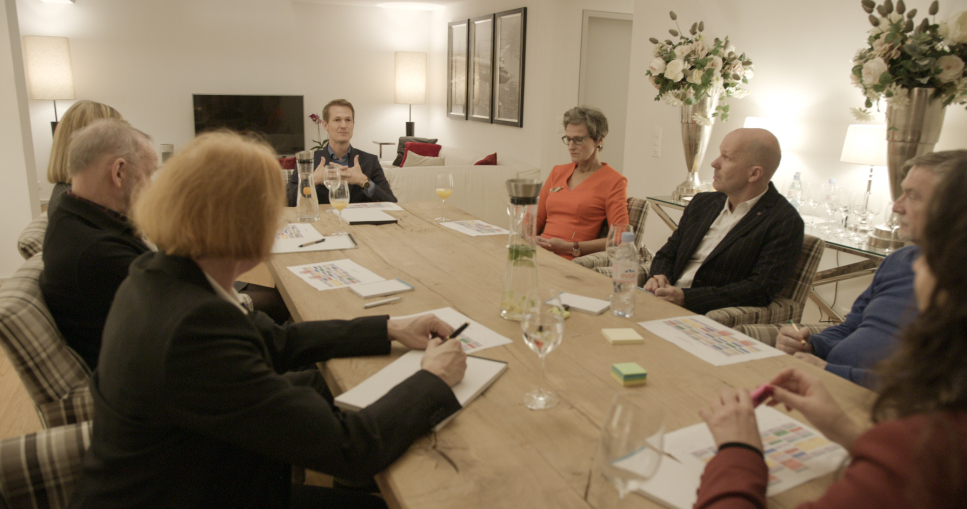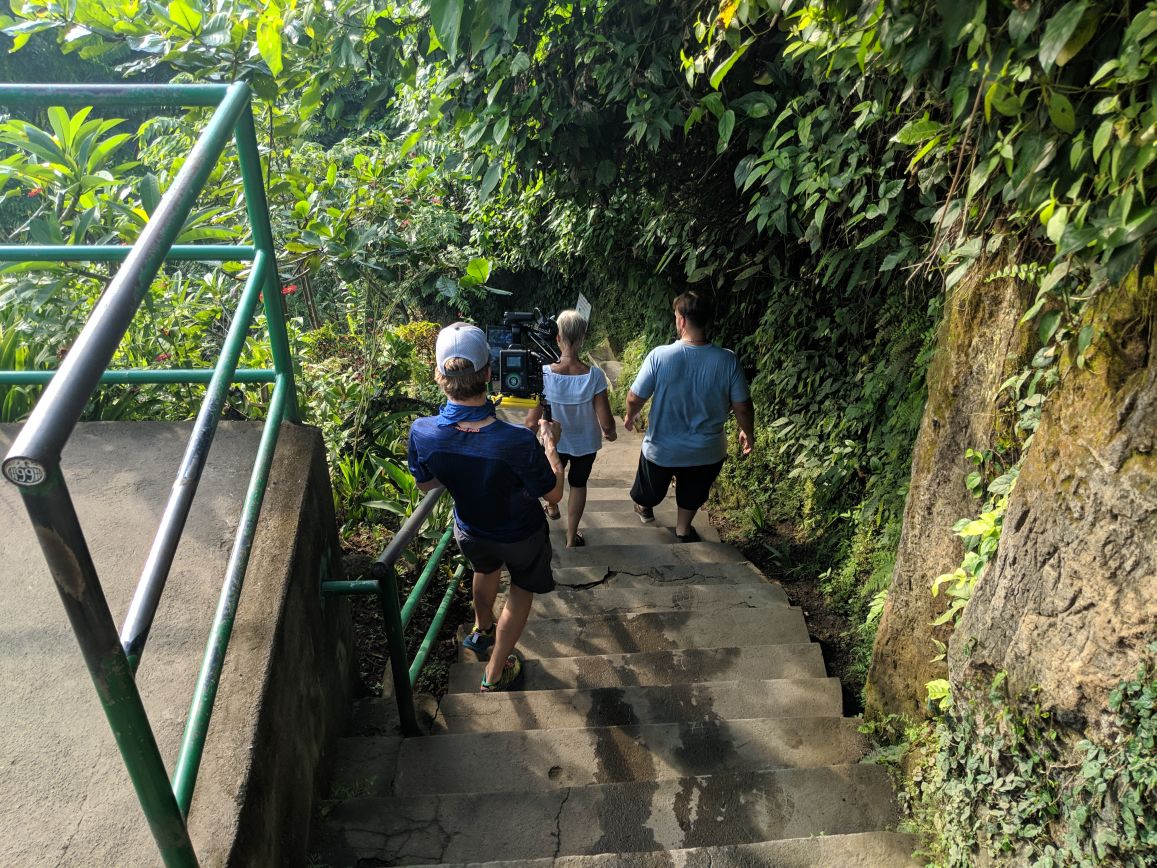Rehab can be more than a clinical environment. In Europe, it’s also a joyous opportunity to take back control of your life. Picture yourself recovering amidst beautiful views, old architecture, and rich, accepting cultures. Add state-of-the-art treatment methods and a long list of fun ways to spend down time. If that sounds like the atmosphere you’re looking for in treatment, you might consider going to a luxury rehab in Europe.
The Diverse Amenities of European Rehabs
Treatment is hard work. But when you’re in residential rehab, there’s more to life than attending therapy. In Europe’s luxury centers, clients can try new and engaging activities during treatment. Through these experiences, you’ll learn how to have fun in a healthy way.
Explore New Cultures From the Comfort of Rehab
European rehabs have access to some of the greatest cultural landmarks in the world. And many treatment centers take clients to visit local attractions. During treatment at Paracelsus Recovery, for example, you’ll live in a penthouse apartment in downtown Zurich. CEO Jan Gerber explains that nearby, you can find “an opera house, there are concert halls, there are world-renowned museums, and there are very good restaurants.” Exploring a vibrant city, or any new environment, can help you mark the start of this new chapter.

Choose Your Climate
With vast forests, calm seas, and rugged mountains, you can also find any type of environment in Europe.1 If you’d like to hunker down in a cozy room with a view, you could go to rehab in Scandinavia. Or if you prefer the sunshine and warm breeze of the tropics, you might find healing easier in a place like Mykonos.
Many European rehabs take full advantage of their beautiful surroundings. Take Camino Recovery in Spain, for example. One week, you could hike in the Sierra de Tejeda. The next, you might sail and snorkel along the Mediterranean coast. These adventures are both fun and therapeutic. Connecting with nature can play an important role in treatment.
Gourmet Meals Can Nourish Your Body
Learning how to enjoy a healthy lifestyle is essential during recovery. For many people, that means eating delicious, nourishing food. And there are several specific, clinical ways that nutrition supports addiction recovery.
Eating balanced meals can boost your mood and improve your mental clarity. At centers like New Life Marbella in Málaga, Spain, personal chefs and nutritionists design gourmet menus to support your recovery—both physically and mentally.
If you’re coming from abroad, this can be an opportunity to sample the local cuisine. And because so many European dishes are famous around the world, you might already know what to expect. On the other hand, this could be a chance for you to learn about a new culture.
Choose a Rehab That Aligns With Your Values
If you’re not from Europe, traveling there for rehab can give you valuable insight into life back at home. Or, if you already live in the area, you can easily connect with programs in neighboring countries. Either way, clients can decide between a great variety of cultures, in a relatively small geographical area. And once you choose the environment that suits you best, addiction recovery becomes that much easier.
Heal in Privacy in Europe
No matter where you’re from, going to rehab in a different country gives you more anonymity. Some rehabs, like The Cottage, even offer 1:1 treatment. As the only client on site, you’ll have access to the most discreet and individualized care possible.
Other ultra-private rehabs, like Switzerland’s NEOVIVA, offer confidential, boutique treatment for executives. Here, clients stay in a fully operational hotel, with no signage indicating that it’s also a treatment center. Every staff member, at both NEOVIVA and the hotel, works to maintain your privacy. Clients benefit from clinical care, enjoy hotel amenities, and rest assured that they’re safe from prying eyes.

Embrace the Friendly Warmth of Southern Europe
Even if you require anonymity, you don’t have to heal in isolation. Countries along the Mediterranean, like Italy and Spain, have an especially strong focus on family2 and community. And those values shine through in some of the area’s rehabs.
At Solice, for example, clients offer each other emotional support. To Mark, a former client, Solice felt like “a home where people don’t judge, [but] care for each other.”3 Learning how to build healthy relationships can boost your self-esteem and support the process of recovery.4
Decriminalization in European Countries
Some European countries, like Portugal, have decriminalized all illicit drugs.5 They’ve also expanded their treatment services in an effort to make recovery accessible.
This attitude can have a major impact on your treatment experience. For one thing, shame and stigma around drug use are often barriers to treatment.6 And decriminalization reduces the stigma of addiction.7 Because of this, rehabs in these countries may offer a unique type of emotional support. And in most areas, decriminalization efforts come with government funding. So these rehabs might have resources that are hard to come by in other places.
European Rehabs Provide High-Quality Care
In many parts of Europe, people see addiction as a health problem.8 If you’re working through stigma, this open-minded attitude can feel like a relief. It also opens the door to a number of treatment options you might not find elsewhere.
Combine Traditional and Alternative Therapies
Few of Europe’s rehabs ask you to choose between Western medicine and holistic treatment. Instead, you can work with your provider to find the therapies that fit your needs. And for some clients, that means combining several different methods.
For example, NEO Centrum, in Prague, is a 12-Step rehab center. But they also specialize in Vipassana meditation as an addiction treatment. While both methods relate to spirituality, they offer vastly different benefits. During 12-Step recovery, clients build community around a shared philosophy of healing. Vipassana, on the other hand, encourages you to accept your own feelings, making peace with your deepest self.
Meanwhile, in France, Maison Ila treats addiction and mental health issues through a variety of therapy methods. “You can immerse yourself deeply in nature, enjoy wild water bathing, practice restorative yoga and instinctive movement therapy, and receive esoteric, transformative treatments,” while also attending 12-Step meetings.9

Access Cutting Edge Treatments
Countries like Switzerland, the Netherlands, and England are well-known for their innovative treatment techniques.10 That’s partly because these countries categorize addiction and mental health as public health issues.
European researchers are studying new ways to treat addiction using medication.11 Some of these methods, like methadone maintenance therapy, are also available in other countries. But others are only accessible in the EU. And others are legal in some European countries, but unavailable elsewhere in the region.
For example, Tabula Rasa Retreat is located in Portugal, where all substances are decriminalized. This program offers ibogaine therapy for people in addiction and mental health recovery. Meanwhile, in the U.S. and UK, ibogaine is a banned substance.12 Going to rehab in Europe could give you a wealth of treatment options, even if you’re not traveling far from home.
Traveling to and Around Europe
Almost a billion people travel to the EU annually.13 Because of that, it’s a very accessible place visit, especially from countries like the U.S. and Canada. But there are a few details to think about before you plan a trip to Europe.
Do You Need a Visa to Go to Rehab in Europe?
You may or may not need a visa to enter Europe. It depends on where you’re coming from, and how long you’re planning to stay. This can be hard to predict in advance, especially if you’re considering an aftercare program. Talk to the admissions team at your rehab before you book any travel plans, so they can help you make the right arrangements.
Citizens of the U.S., Canada, and over 50 other countries can visit the European Union (EU) without a visa.14 But if you plan to stay for longer than 90 days, different rules may apply. And European countries not in the EU, like the UK, may require a visa.15
Flying to Europe
Flying into the EU is usually straightforward. Several international airports serve the region, and once you get there, you can quickly travel between European countries.
For instance, if you’re traveling through the UK, you can reach over 200 different destinations from London-Heathrow airport.16 And if you’re going to rehab in Spain, you might fly into Adolfo Suárez Madrid, which has services to over 150 destinations. Or if you want a more centrally located airport, you can fly to Charles de Gaulle in Paris, and connect to any of 119 different countries.
Getting Around in Europe
Once you’re in the region, you can use Europe’s robust train system to get around. Eurail is easy to navigate, and it lets you take in beautiful views en route.
Despite your many options for traveling to and around the region, it’s best to go with a support person. The transition into rehab can be overwhelming, and a traveling companion can keep you safe along the way. And even if you do spend part of the trip alone, talk to your rehab before making specific plans. Many centers offer free transportation from the nearest airport.
European Rehabs Bring Joy to Your Recovery
Wherever you’re traveling from, Europe’s rehabs invite you to come as you are. With its vast array of climates, cultures, and different types of therapy, this region has something for everyone. Recovery is hard, but it can also be inspiring. And finding happiness during treatment will set you up for even more success back home.
Visit our list of luxury rehabs in Europe to learn about their different locations, amenities, and insurance options.









